Have you received a foreign judgment that you would like to have enforced in Belgium? It is not uncommon for foreign entrepreneurs to want to enforce judgments in Belgium. You can read about the deadlines under Belgian law and the role of the bailiff in ongoing proceedings in the subsection Enforcement of a foreign Judgment in Belgium.
Our law firm is regularly instructed to enforce foreign judgments in Belgium. Often, foreign clients find the enforcement of claims in Belgium difficult and complicated, which is often the reason for their reluctance to do business abroad. But this concern is unfounded. We can help you with the collection of your debts in Belgium.
If you have not yet obtained a judgment, we can, for example, apply for or enforce a European Payment Order in Belgium. If you have already obtained a judgment abroad, we can ensure that it is enforced in Belgium.
European payment order procedure
If Belgian clients do not comply with their payment obligation even after a warning, you can use a relatively simple procedure to recover your uncontested claim: the European Payment Order procedure. The European Payment Order procedure is a less time-consuming and less costly alternative to the traditional lawsuit procedure.
In the European Payment Order procedure, the issuing of a European Payment Order (EPO) is requested. The European Payment Order procedure has the advantage of direct enforcement in all EU countries by way of a single service. There is no examination by the executing state. This leads to an acceleration of the process. The legal basis for the European Payment Order procedure is Regulation (EC) No. 1896/2006.
1. Scope of application
You can use the European Payment Order procedure in all civil and commercial matters with a cross-border character. This means that the parties live or are domiciled in another EU Member State.
The procedure is only applicable to pecuniary claims that are quantified and due. It is also important to note that the European Payment Order procedure can only be used if the monetary claim is not contested by your Belgian client. If this is probably the case, you will have to summon your client to court.
2. How the procedure works
The European Payment Order procedure is carried out using a set of standard forms and is therefore entirely in writing. Below is an overview of the steps and forms of the procedure.
In the initial phase, it is important that you contact the court that has substantive and territorial jurisdiction. Here you should first establish which country is competent and which court then has jurisdiction for the European Payment Order procedure. The application for a European Payment Order against a Belgian debtor must be filed either in the country of the creditor or in Belgium. A prerequisite for applying for a European Payment Order in the county of the creditor is the effective contractual agreement of this jurisdiction. If no jurisdiction for the country of the creditor has been validly agreed, the application for a European Payment Order must be filed in the debtor’s country of domicile, Belgium. Unlike in some other countries, there is no centrally competent court in Belgium, but jurisdiction lies with the court at the debtor’s domicile.
As soon as the competent court has been determined, the creditor initiates the European Payment Order procedure by submitting an application for a European Payment Order using Form A. This first standard form can be filled in online on the website of the European Commission where it is available in all languages.
The court will then examine whether the conditions set out in the Regulation are met and whether the claim appears to be well founded. If the court grants your application, the EPO will be issued and must then be served on the debtor. The debtor now has two options: He can accept the order and pay it or file an objection against the payment order within 30 days after service of the EPO.

